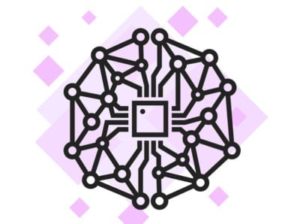Google has announced that its Nest line of smart home devices are the latest addition to its Advanced Protection Program.

Launched in 2017, the Advanced Protection Program gives users who register for it added account security to protect them from third party attacks like malware. The program also supports the use of physical security keys that can make cyberattacks far more difficult.
Originally known for smart home cameras and smart thermostats, since its acquisition by Google the Nest line has been expanded to include the latest generation of Google’s popular line of smart home speakers and displays (the Nest Hub, Nust Hub Max, and the Nest Mini) as well as its WiFi router (Nest WiFi).
According to Google, adding the Nest line to the Advanced Protection Program was among users’ top requests, due to the general vulnerability of most smart home devices.
Though the Nest line purports to be more secure than most other Internet of Things (IoT) devices, the market as a whole is considered susceptible to security issues as hackers tend to target IoT devices due to a general lack of basic security.
Also of concern is that many IoT devices operate on a shared network in order to communicate with one another: a smart speaker needs to be able to turn on a smart light or camera, or activate whatever device may be plugged into a smart plug. Hackers are often able to loop a device into a larger collection of other vulnerable ones in what is known as a botnet, which can then be used to take down websites with large amounts of traffic.
Earlier this year Google started requiring users to enable two-factor authentication on their Nest cameras, following a string of automated attacks that also targeted Amazon’s Ring smart doorbell.
Source: TechCrunch

Follow Us